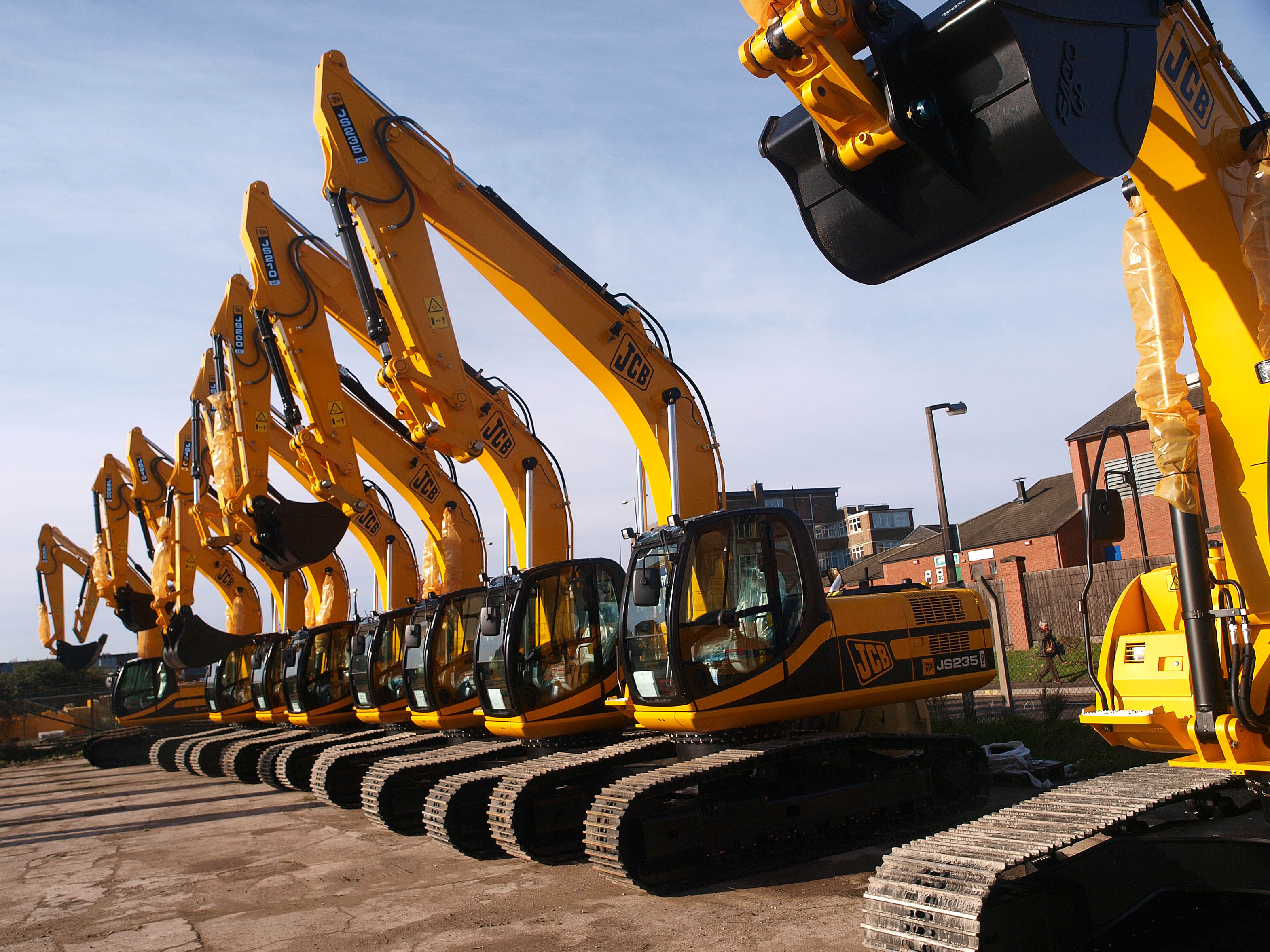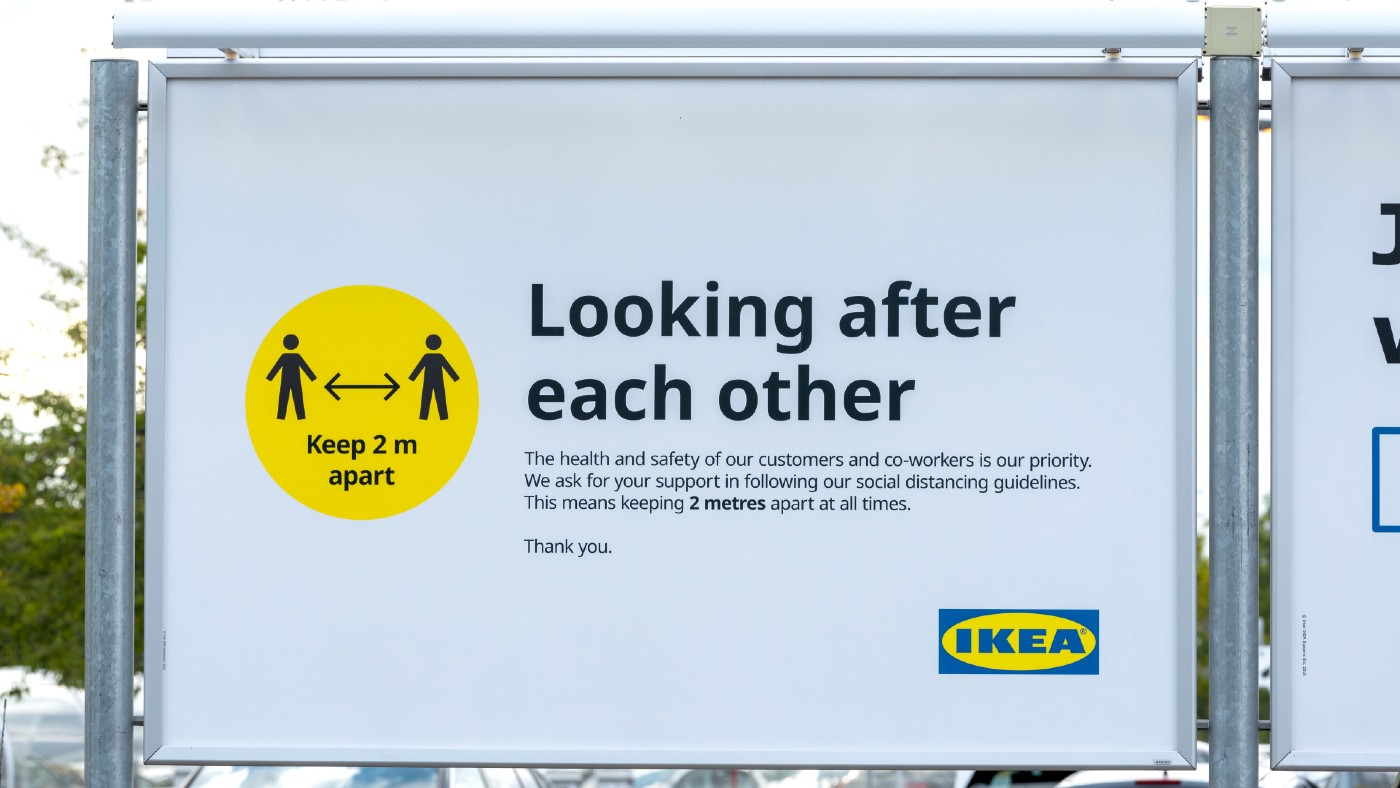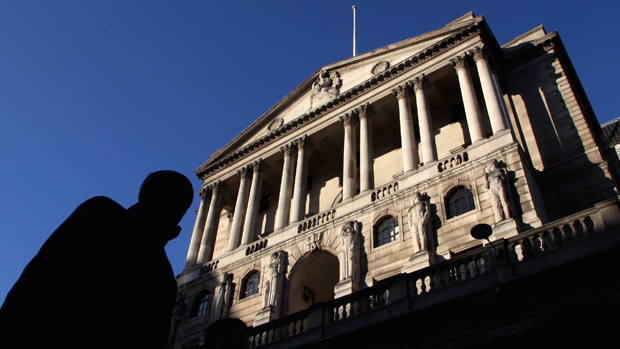JCB cuts production as coronavirus component shortage hits
The company joins a list of global companies enacting similar measures as the economic impact of Covid-19 proliferates


A free daily email with the biggest news stories of the day – and the best features from TheWeek.com
You are now subscribed
Your newsletter sign-up was successful
Yellow construction vehicle manufacturer JCB has become the first British company to suffer the direct impact of the Wuhan coronavirus, cutting production and working hours in its UK factories.
China’s economy has slowed violently as workers stay home for fear of being infected with Covid-19, which is now known to have killed at least 1,400 people worldwide, and this has meant JCB is already facing a shortage of components, many of which it sources from the world’s second largest economy.
JCB employs 7,500 people in factories in the midlands and north Wales, as well as 15,000 worldwide, mostly in factories in India. Only their British employees will be affected by the shift reductions.
The Week
Escape your echo chamber. Get the facts behind the news, plus analysis from multiple perspectives.

Sign up for The Week's Free Newsletters
From our morning news briefing to a weekly Good News Newsletter, get the best of The Week delivered directly to your inbox.
From our morning news briefing to a weekly Good News Newsletter, get the best of The Week delivered directly to your inbox.
Similar supply issues have already caused “car factory stoppages in Japan and South Korea,” reports Sky News, and the news from JCB “illustrates the widening impact of the outbreak on the global economy.”
“The disruption to the component supply chain in the UK comes at a time when demand for JCB products is very strong,” said JCB chief operating officer Mark Turner, “so while this course of action is very unfortunate, it is absolutely necessary to protect the business and our skill base.”
“Production in the UK has so far been unaffected by the situation in China. However, more than 25% of JCB’s suppliers in China remain closed and those that have reopened are working at reduced capacity and are struggling to make shipments,” he said.
This new reality, Turner said, justified reducing the hours of his employees and scaling back production, saying that the “measures will ensure that, while we will produce machines in lower than anticipated numbers, we will do so with the same number of employees, whose skills we will need to fulfil customers’ orders when the situation returns to normal.”
A free daily email with the biggest news stories of the day – and the best features from TheWeek.com
The private company “is planning to cut working hours for around 4,000 employees from 39 hours to just 34 from next Monday. Overtime has also been suspended. Staff won’t take a pay cut, though - they’ll have to work the hours back later this year,” The Guardian reports.
“JCB’s announcement adds to mounting worries for manufacturers that have struggled to source products from China and underlines the risk to global supply chains from the coronavirus outbreak,” says The Financial Times.
–––––––––––––––––––––––––––––––For a round-up of the most important business stories and tips for the week’s best shares - try The Week magazine. Get your first six issues free–––––––––––––––––––––––––––––––
JCB is owned by the Bamford family, and its chairman is Lord Bamford - a staunch Brexit supporter, and the company “really is the centre of gravity of the construction sector in the UK,” said Chris Sleight, managing director of Off-Highway Research, a construction-focused consultancy.
The family’s factory in Uttoxeter, Staffordshire, which will be affected by the supply issues, was where Prime Minister Boris Johnson demolished a “Gridlock” wall with a “Get Brexit Done” JCB in a campaign stunt.
“Last week, Fiat Chrysler said the impact of the coronavirus epidemic could halt production at one of its European car plants within four weeks,” says the BBC. “Car firms are on alert over possible disruption to Chinese factories and suppliers, but Fiat’s warning was the first to highlight an impact in Europe.”
The coronavirus outbreak has become a “key downside risk” for the euro area’s growth prospects, said the European Commission yesterday. “The longer it lasts, the higher the likelihood of knock-on effects on economic sentiment and global financing conditions.”
William Gritten is a London-born, New York-based strategist and writer focusing on politics and international affairs.
-
 How to Get to Heaven from Belfast: a ‘highly entertaining ride’
How to Get to Heaven from Belfast: a ‘highly entertaining ride’The Week Recommends Mystery-comedy from the creator of Derry Girls should be ‘your new binge-watch’
-
 The 8 best TV shows of the 1960s
The 8 best TV shows of the 1960sThe standout shows of this decade take viewers from outer space to the Wild West
-
 Microdramas are booming
Microdramas are boomingUnder the radar Scroll to watch a whole movie
-
 Can the UK avoid the Trump tariff bombshell?
Can the UK avoid the Trump tariff bombshell?Today's Big Question President says UK is 'way out of line' but it may still escape worst of US trade levies
-
 Five years on, can Labour's reset fix Brexit?
Five years on, can Labour's reset fix Brexit?Today's Big Question Keir Starmer's revised deal could end up a 'messy' compromise that 'fails to satisfy anyone'
-
 Why au pairs might become a thing of the past
Why au pairs might become a thing of the pastUnder The Radar Brexit and wage ruling are threatening the 'mutually beneficial arrangement'
-
 Brexit: where we are four years on
Brexit: where we are four years onThe Explainer Questions around immigration, trade and Northern Ireland remain as 'divisive as ever'
-
 Is it time for Britons to accept they are poorer?
Is it time for Britons to accept they are poorer?Today's Big Question Remark from Bank of England’s Huw Pill condemned as ‘tin-eared’
-
 Is Brexit to blame for the current financial crisis?
Is Brexit to blame for the current financial crisis?Talking Point Some economists say leaving the EU is behind Britain’s worsening finances but others question the data
-
 What are the rules on cutting sick pay for unvaccinated staff?
What are the rules on cutting sick pay for unvaccinated staff?feature Ikea joins growing list of firms axing sick pay entitlement for employees who haven’t had Covid jabs
-
 The Bank of England official warning women against home working
The Bank of England official warning women against home workingIn the Spotlight Not returning to the office will result in ‘two track’ career development, senior policymaker claims
